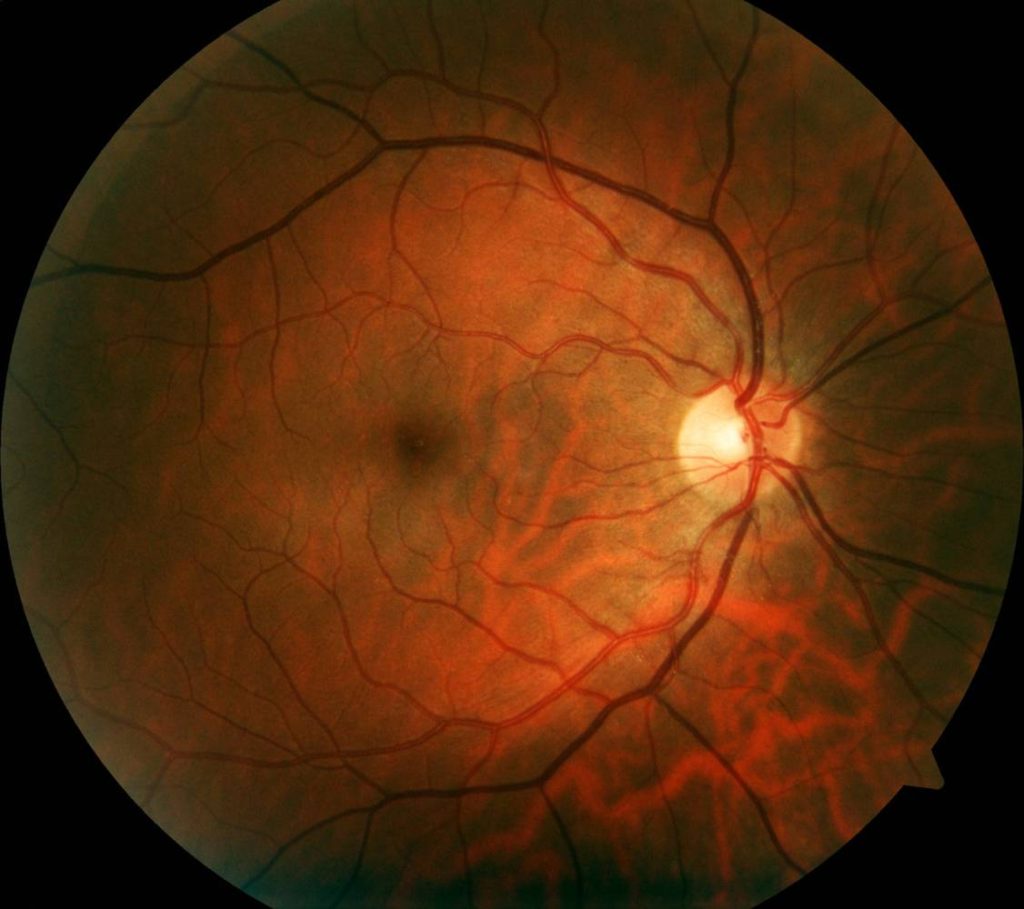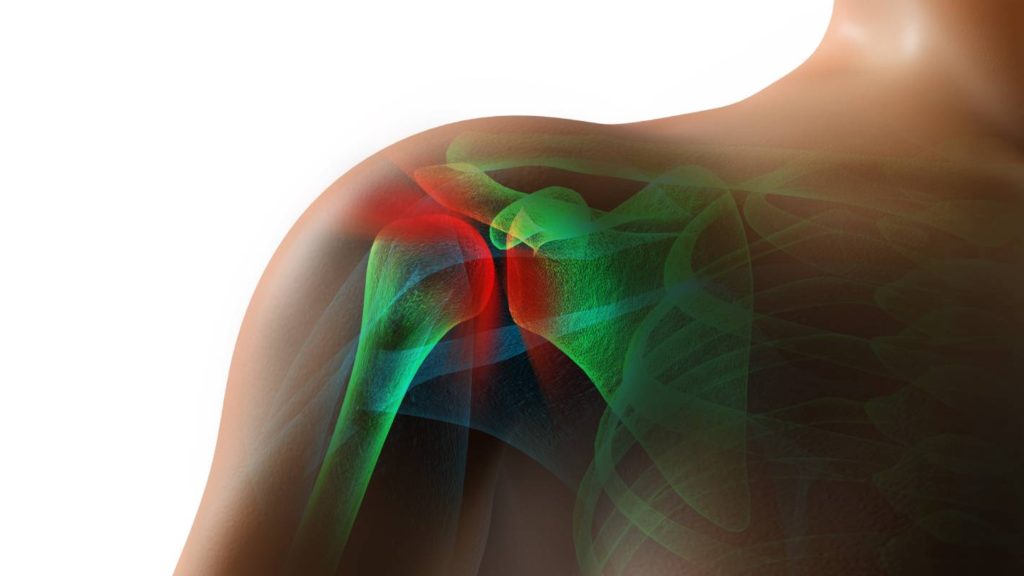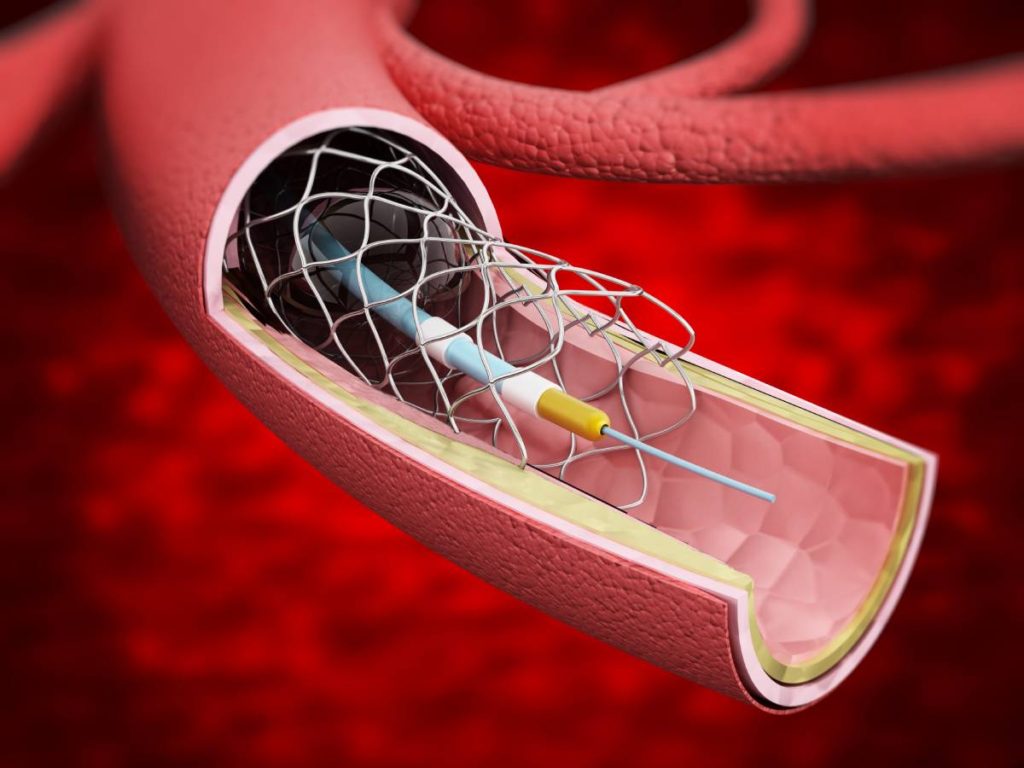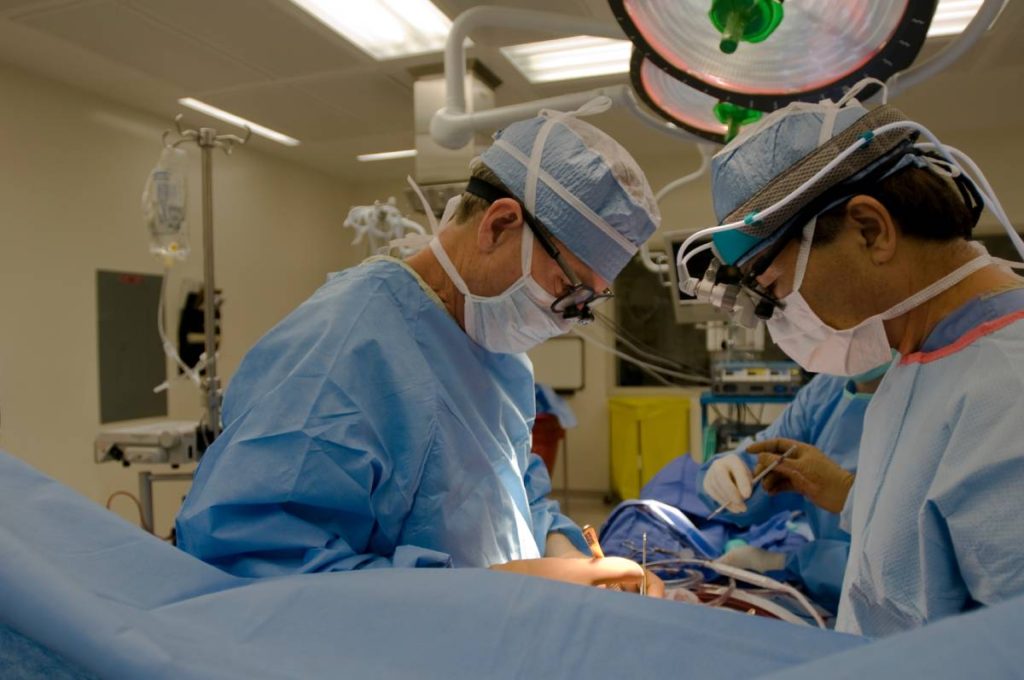When it was founded in 1985, the Anesthesia Patient Safety Foundation (APSF) was first patient safety organization in the U.S. and ignited the modern patient safety movement. The APSF’s core goal is to ensure “that no patient shall be harmed…
Blog
Anesthesia Considerations for Retinal Detachment Repair
During rhegmatogenous retinal detachment (RRD) surgery, operating teams reattach a split sensory retina to the retinal pigment epithelium [1]. During the procedure, the anesthesiologist must ensure the safety of the patient and the comfort of the surgeon(s) [2]. From weighing…
“Indirect” Mortality During the COVID-19 Pandemic
As of July 9, 2021, a little over 600,000 Americans1 and four million people worldwide2 had died from COVID-19. Yet, according to experts, these data, as grim as they may seem, belie the true toll the coronavirus pandemic has exacted…
Disease Diagnosis Through Olfaction
In addition to our dominant sensory modality of vision, there is now convincing evidence that humans are highly efficient at using their sense of olfaction. One study calculated that humans can discriminate over 1 trillion different olfactory cues and suggested…
Anesthesia Considerations for Arthroscopic Shoulder Surgery
With as many as 70% of patients reporting severe postoperative pain following this operation, arthroscopic shoulder surgery poses a significant challenge to anesthesiologists [1]. It is one of the most painful surgeries, with its associated pain intensity rivaling that of…
Endovascular vs. Open Aortic Repair
Aortic disease kills about 10,000 people in the US every year, and aortic aneurysms in particular are an emergent subset of aortic disease3. Aortic aneurysm rupture is often a fatal condition, and thus surgical therapies, either open surgery or endovascular repair, aim to prevent rupture…
Federal No Surprises Act: Key Points
Growing public dissatisfaction over high medical bills has put pressure on U.S. politicians to enact legislation to protect consumers. The main cause for these surprise bills are out-of-network costs. Due to physician shortages and a more widely insured population following…
Open Lung Ventilation
An open lung ventilation approach aims to decrease alveolar de-recruitment with the application of high PEEP (positive end-expiratory pressure) and other recruitment techniques. It is used in the treatment of acute respiratory distress syndrome and other cases of lung de-recruitment [1].…
Anesthesia Considerations for Patients with Epilepsy
Patients with epilepsy require special attention from anesthesiologists. They may require anesthesia in otherwise routine procedures, such as dental restorations or imaging studies [1]. Anti-epileptic medications (AEMs) can produce various pharmacologic and physiologic effects that impact anesthesia [2]. Additionally, many anesthetics have been reported to have…
Ambulatory Surgical Centers: Market Outlook
Ambulatory surgical centers (ASCs) are licensed outpatient facilities that provide same-day surgical care without the need for hospital admission. ASCs offer cost-effective, high-quality services in a less stressful and more efficient environment than what many hospitals are able to provide (Ambulatory Surgery Center Association). While…









